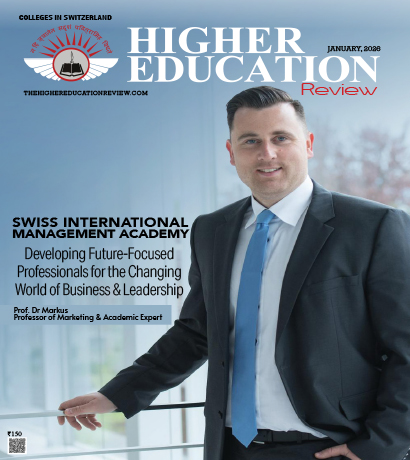FTA paves way for Indian students with expanded UK study benefits
 For students in India exploring higher studies abroad, the UK may be relatively more appealing right now as the new bilateral trade deal brings much easier visas, better prospects for jobs, and lower financial barriers.
For students in India exploring higher studies abroad, the UK may be relatively more appealing right now as the new bilateral trade deal brings much easier visas, better prospects for jobs, and lower financial barriers.
The India-UK Free Trade Agreement (FTA) starts an exciting, fresh chapter of opportunities for over 150,000 Indians in the UK already, and thousands more are preparing to join with a myriad of indirect but significant benefits. These include exemption of social security contributions for up to three years for temporary workers, enhanced post-study job opportunities in service sectors like IT, educational, financial, and professional services, mutual recognition of qualifications, and improved intra-company transfers, experts said.
The FTA commits to reducing red tape and simplifying visa processes, but will also facilitate mutual recognition of qualifications-especially in areas such as law, architecture, and accounting, Akshay Chaturvedi, founder and CEO of study abroad platform Leverage Edu, said.
"Post the FTA, we are receiving strong interest from Indian companies exploring the possibility of expanding or setting up operations in the UK, creating a wave of new career opportunities for Indian students," said Falguni Y Parekh, solicitor and founder of The SmartMove2UK, a UK-focused immigration law firm.
She said these companies usually prefer Indian graduates from the UK because they have a special combination of market knowledge and cultural alignment, making them ideal champions of cross-border collaboration.
It also allows for more collaboration academically and could open doors to more scholarship opportunities, institutional collaborations, and joint degree offerings, as well as flexible online or hybrid learning model opportunities, in the future.
While the trade deal was not considered a direct way to reduce tuition, it could indirectly benefit students through the expansion of collaboration between educational institutions and service sectors, experts said.

